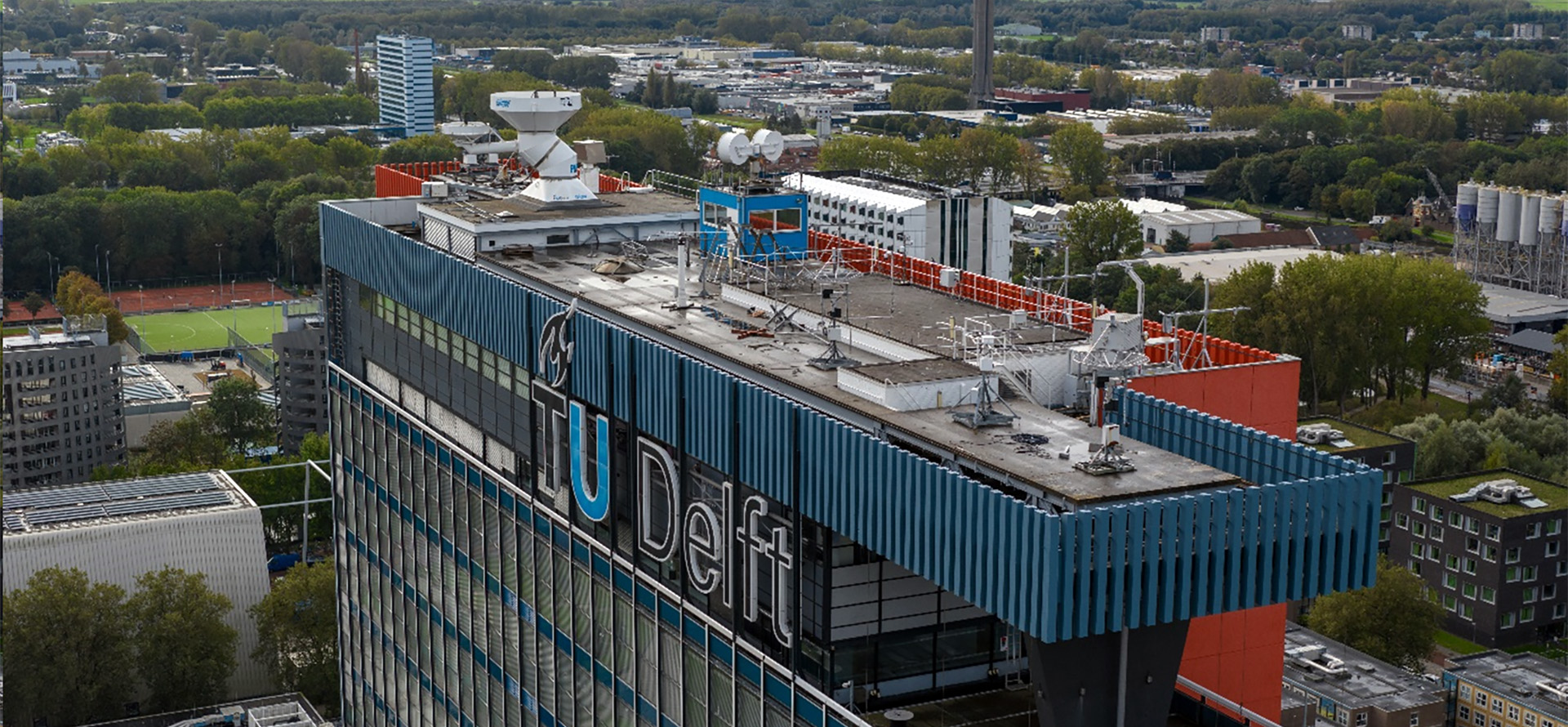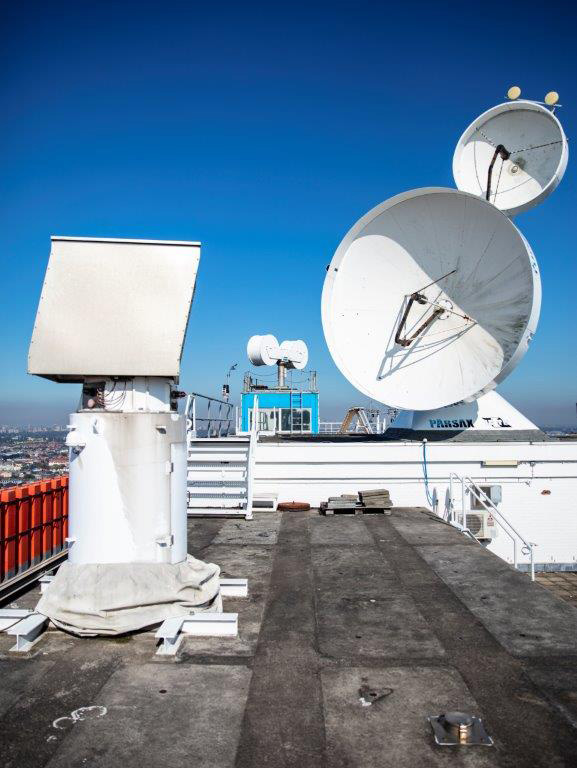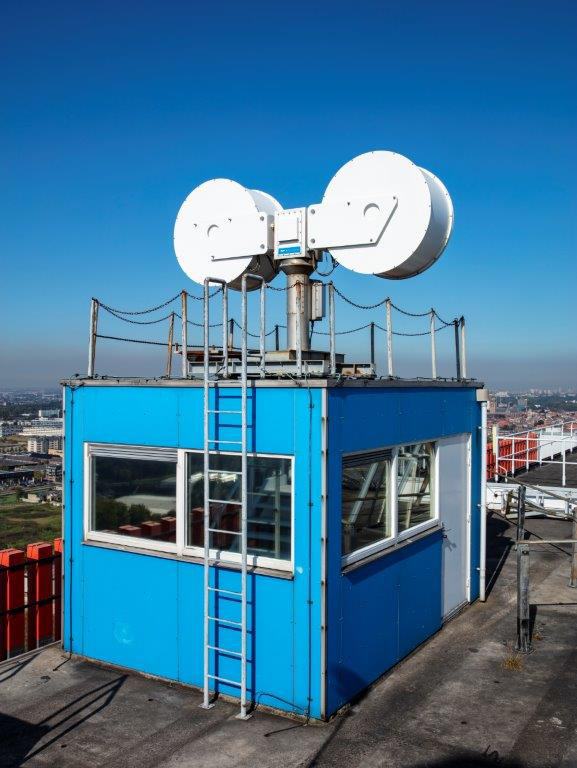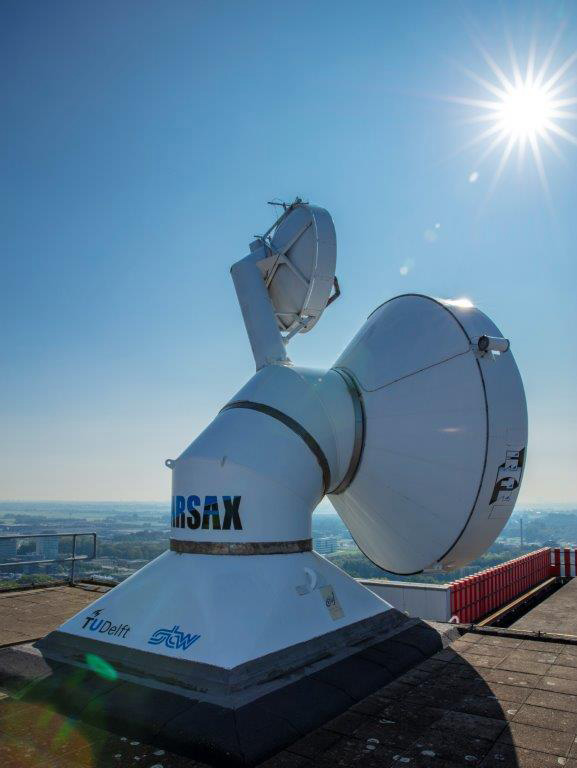Drive breakthroughs in cutting-edge radar technology research
PhD Positions in Microwave Sensing, Signals and Systems
The development of radar technology is indispensable to resolving societal challenges. Like detecting weather anomalies to better prepare for catastrophes, or enhancing the safety of drone deliveries and autonomous driving. And what about monitoring vulnerable people’s health parameters to trigger life-saving medical assistance? Or the development of 6G, blurring the lines between communication and sensing? As a PhD student at TU Delft, you will be at the forefront of research into cognitive systems and remote sensing, working with world-leading industrial and scientific partners.
Research opportunities & PhD positions
The Microwave Sensing, Signals and Systems (MS3) group is part of Department of Microelectronics at Faculty of Electrical Engineering, Mathematics and Computer Science (EEMCS). At the Microwave Sensing, Signals and Systems (MS3) group, we offer you the opportunity to drive tangible breakthroughs by conducting unique research. You may focus on separating targets from clutter to prevent collisions, using advanced signal processing techniques and machine learning algorithms. Alternatively, you could be harnessing different waveforms to increase our understanding of mixed-phase clouds, aiding in climate research and meteorology. Or you could be involved in the development of 6G technology, exploring its potential to integrate communication with high-resolution sensing.
On this page, we’re posting the current PhD positions. As our research evolves, new positions become available and will be posted on this page throughout the year.
Our mission
Our mission is to develop new radar technology for future radar applications. Like detecting vital health signs such as heart rate without the need for wearables. Or separating pedestrians from trees, cyclists or cars in complex urban environments, enhancing autonomous vehicle navigation systems. Radars that don’t just detect, but classify objects and monitor environments with unprecedented accuracy. In addition to conducting groundbreaking research, we share a drive to train new generations of engineers and develop outstanding scientific talent. By participating in our PhD programs, you will contribute to the advancement of technology that can make a real difference in society.
Learn more about MS3
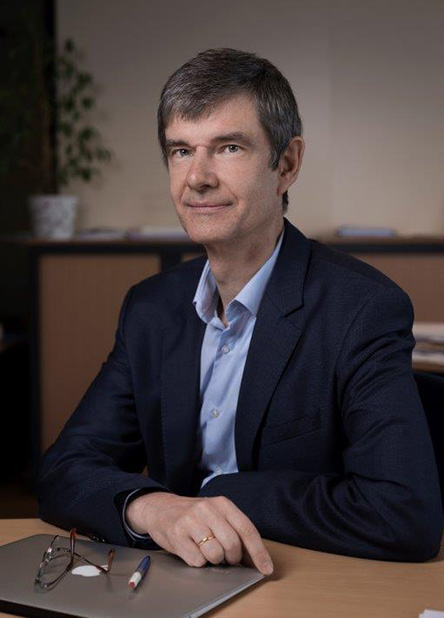
Prof. Dr Alexander Yarovoy, Chairman of MS3
At MS3, we give you an unparalleled opportunity to conduct in-depth research using our unrivalled research and radar facilities. And you will be building an invaluable network in industry and the academic world. What better way to develop your research career?
Our research facilities
We’re proud of having Europe’s leading radar infrastructure, having developed and built many of our facilities ourselves. Our Radar Labs include, but are not limited to:
- the reconfigurable polarimetric wideband radars PARSAX and MESEWI
- the antenna measurement chamber DUCAT
- TARA and IDRA hosted by CESAR Observatory at Cabauw
- the distributed radar system RAEBELL, for the surveillance of the lower airspace
- a millimetre-wave and UWB indoor laboratory
- a multichannel transmission MIMO radar
- a ground-penetrating radar measurement site
Our commitment to groundbreaking research is strengthened by the excellent research infrastructure at MS3, which serves as a valuable resource to further develop your exceptional talent. The facilities are available for all students, researchers, and professors, providing a collaborative environment to innovate and excel.
Meet your team
Your home base will be our highly-motivated, supportive team of teachers, technicians, PhD and master students, led by a full professor. At MS3, you’ll find a welcoming, friendly and open atmosphere. We’re dedicated and used to growing talents. And we will give you all the training and coaching you need to grow your personal and professional skills. Researching as a PhD candidate at MS3 prepares you for your future career in industry or academia.
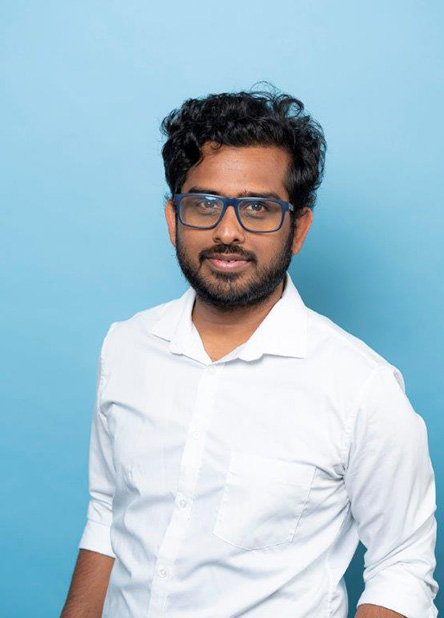
MSc Tworit Dash
PhD student
Working at MS3 Group as a PhD student has been an enriching experience, promoting my research skills and personal growth towards becoming an independent researcher. The unique, world-leading facilities and labs are exceptional, fostering groundbreaking research. Our supportive PhD community collaborates extensively and participates in prestigious conferences. The international environment and diverse research topics, especially in advanced radar technologies, make MS3 Group a preeminent institution for doctoral studies.
I am very happy to have chosen a PhD position at the MS3 group. The group is very welcoming and internationally diverse, providing me with every opportunity to develop myself as a researcher while also enjoying the social aspects. I feel valued for my work and appreciate that my research helps society
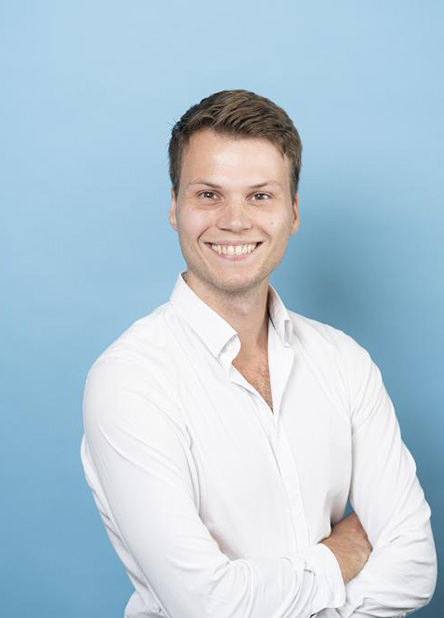
MSc Nicolas Kruse
PhD student
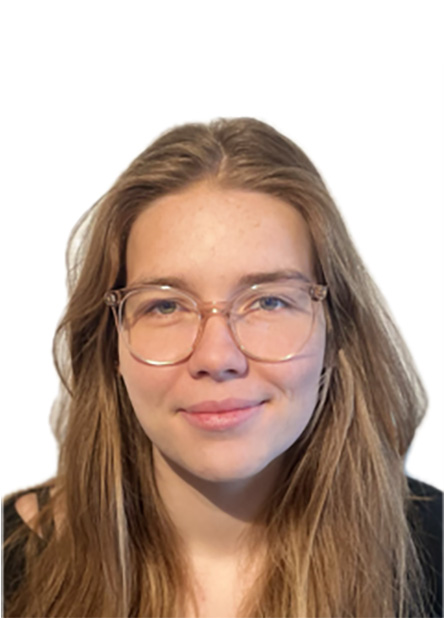
MSc Mareike Wendelmuth
PhD student
Joining the MS3 group has been an incredibly rewarding experience. The supportive and collaborative environment, along with access to well-equipped labs, has significantly boosted my research progress. The open-door policy of all colleges, including our supervisors, fosters continuous learning and growth, making each day at MS3 both productive and enjoyable. The group's welcoming and friendly nature creates a positive atmosphere, encouraging connections both during and outside of work.
As a PhD at MS3 you will have an opportunity to make a difference with your research in radar sensing, contributing to many challenges from autonomous vehicles, to healthcare and assisted living, to better understanding of weather and precipitations. You will have access to state of the art radar facilities in one of the top research groups and university in Europe and beyond, with excellent opportunities of networking with industrial and academic partners. You will be also working in a welcoming group, counting more than 15 nationalities. We are waiting for you!
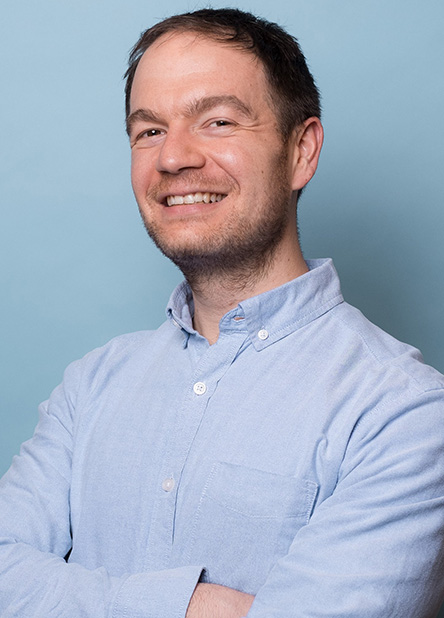
Dr. Francesco Fioranelli
Assistant Professor
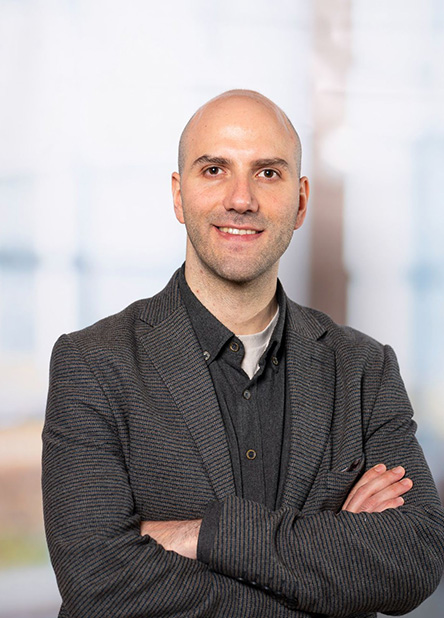
Dr. Yanki Aslan
Assistant Professor
Having been an MSc and PhD student, and now working as an Assistant Professor at MS3 Group, I have witnessed firsthand the exceptional emphasis on innovation, collaboration and academic freedom. This unique combination has been instrumental in shaping my academic journey and professional development. The impactful multidisciplinary research environment at MS3 and close links with industry fosters meaningful contributions to society. I wholeheartedly invite all young researchers to join our group and experience these opportunities.
Inspired?
Have we sparked your interest? Check out the job postings for the requirements and employee benefits. If you think you’re a match, we encourage you to apply. In order to apply, please complete the application form, and upload your motivation letter and detailed CV.
Do you have any questions? Talk to us
If you would like more information about these roles or require more information about the selection procedure, please contact Prof. Dr Alexander Yarovoy, Chairman of MS3, via +31 15 2782 496 or e-mail a.yarovoy@tudelft.nl.
If you would like more information about the selection procedure, please contact vacancies recruitment-ewi@tudelft.nl.
